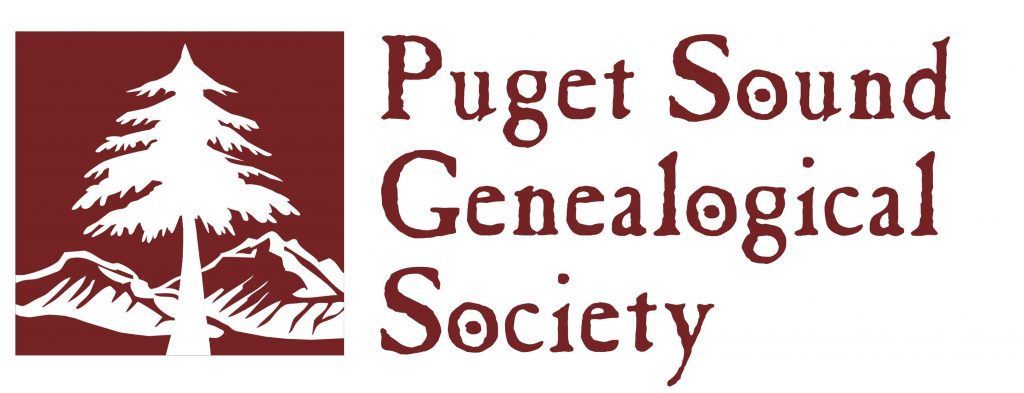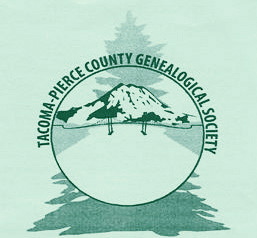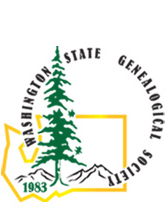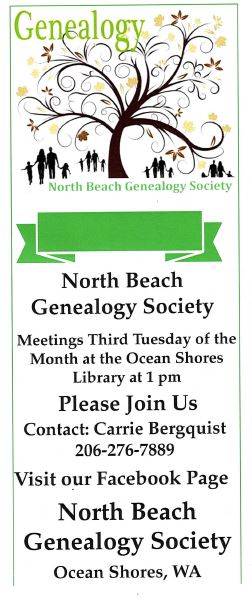Way up on a Washington bluff overlooking the Columbia River, a huge stone castle pokes in and out of view as you zoom along I-82 in Oregon. “What the Sam Hill?” You’ve heard that expression, haven’t you?
There is no population center for miles and yet here’s this castle, Sam Hill’s mansion. Hill was an “inspired lunatic” and the son-in-law of railroad baron, James J. Hill. Sam bought 7000 acres of scrubland on a high bluff overlooking the mighty Columbia River in 1907. He intended to erect a glorious home for his wife, Mary.
“No way!” she must have said when told about her proposed new home. She never left Europe to come see “her” castle home.
After 20 years, the mansion/castle was till unfinished. Over the years, the place remained unoccupied and unfinished. People wandering through the deserts of Washington and Oregon would look up to see this enormous abandoned building and say “What the Sam Hill?”
Or so the story is told.
Today the mansion is part of Maryhill State Park and there is lots to see and do at the park. Do stop on your next trip to Portland. While you’re there, on the Washington side, take a snap of time to visit Stonehenge just three miles east of Maryhill….
Also built by Sam Hill, this replica of England’s famous Stonehenge was begun in 1918 to honor the heroism of Klickitat County’s soldiers in that Great War. Finished in 1929, it’s both a monument to heroic dead but a monument dedicated to peace.









